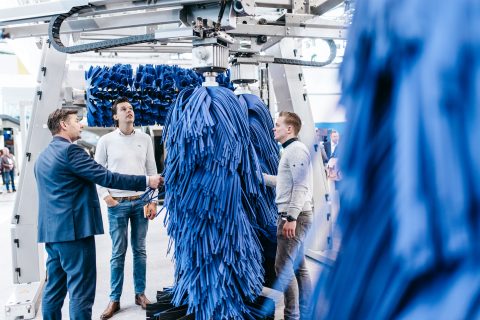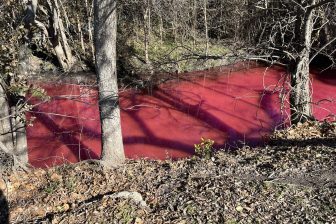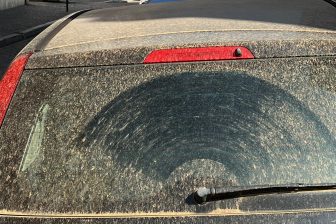
No more fear of scratches. Nylon brushes are out
The adage “washing is scratching” no longer applies in most modern car washes and roll-overs. Nylon brushes are hardly ever used in modern petrol station car washes, Dutch branch organization BOVAG found out.
The reference work states that only 5 percent of the surveyed BOVAG car wash companies in The Netherlands use nylon brushes in the car wash or roll-over. This mainly concerns truck washes. More and more operators are opting for textiles (68 percent) and/or foam (54 percent) instead. “In a commercial roll-over, I don’t know of one with PE (nylon) anymore. In non-commercial roll-overs, the occasional PE is still chosen,” says Peter van der Veen of WashTec. The company has some 1,100 machines in the Netherlands. WashTec only still uses nylon for wheel brushes and in truck washing installations.
According to the most recent BOVAG data, the Netherlands has a total of 1189 roll-over locations and 367 car washes. Of those 1189 roll-over locations, 986 can be found at a gas station (13 percent of which are unmanned). About 650 of the machines at gas stations come from WashTec. These are chain washes, wash bays, roll-overs, truck washes or a combination thereof. It often depends on the space available.
Wear and tear on the car
According to Van der Veen, it is a myth that the use of nylon brushes causes scratches on the car. “You may see wear marks, but they can be polished away. This in contrast to a scratch, which is much deeper. You get those, for example, when you go over the paint with a wrench.” Even with modern installations, you will see turning marks on the car at some point, he states. “The quality of the paint does make a difference. The thicker the paint, the fewer marks.” According to Van der Veen, the reason nylon is still used in truck washing is therefore that trucks have a much stronger layer of paint.
Nevertheless, the company already switched to other material for the brushes in 2004: SofTec’s wash material, the successor to the nylon brushes. “By now the whole industry has followed and copied this,” says van der Veen. The company later came up with other variations on the patented product, which is unique because of “the length of the strands, the way they are cut and the specific gravity of the material. But he says the move to SofTecs has nothing to do with scrimping. “Twenty years ago, you would take out cars that had been washed in a sunny parking lot. With today’s foam material, this has become much more difficult to spot.”
Many dirty cars
The survey, which was conducted among the BOVAG affiliated car wash and polishing companies and over a thousand motorists, also showed that some 600,000 cars in The Netherlands are not or hardly washed. That number is the same as three years ago. In 2015, even 800,000 cars never received a wash. At the same time, the total number of passenger cars in the Netherlands has increased by about 1 million since 2015, so the relative number of dirty cars has decreased significantly.
Nevertheless, there are plenty of opportunities for washing at the gas station, thinks van der Veen. “Car washing is very important for the filling station and one of the most important contributions to a positive operating result. In many situations it is even the product with the best profit margin. With washing, the offer for the motorist becomes complete.”
Also read:



